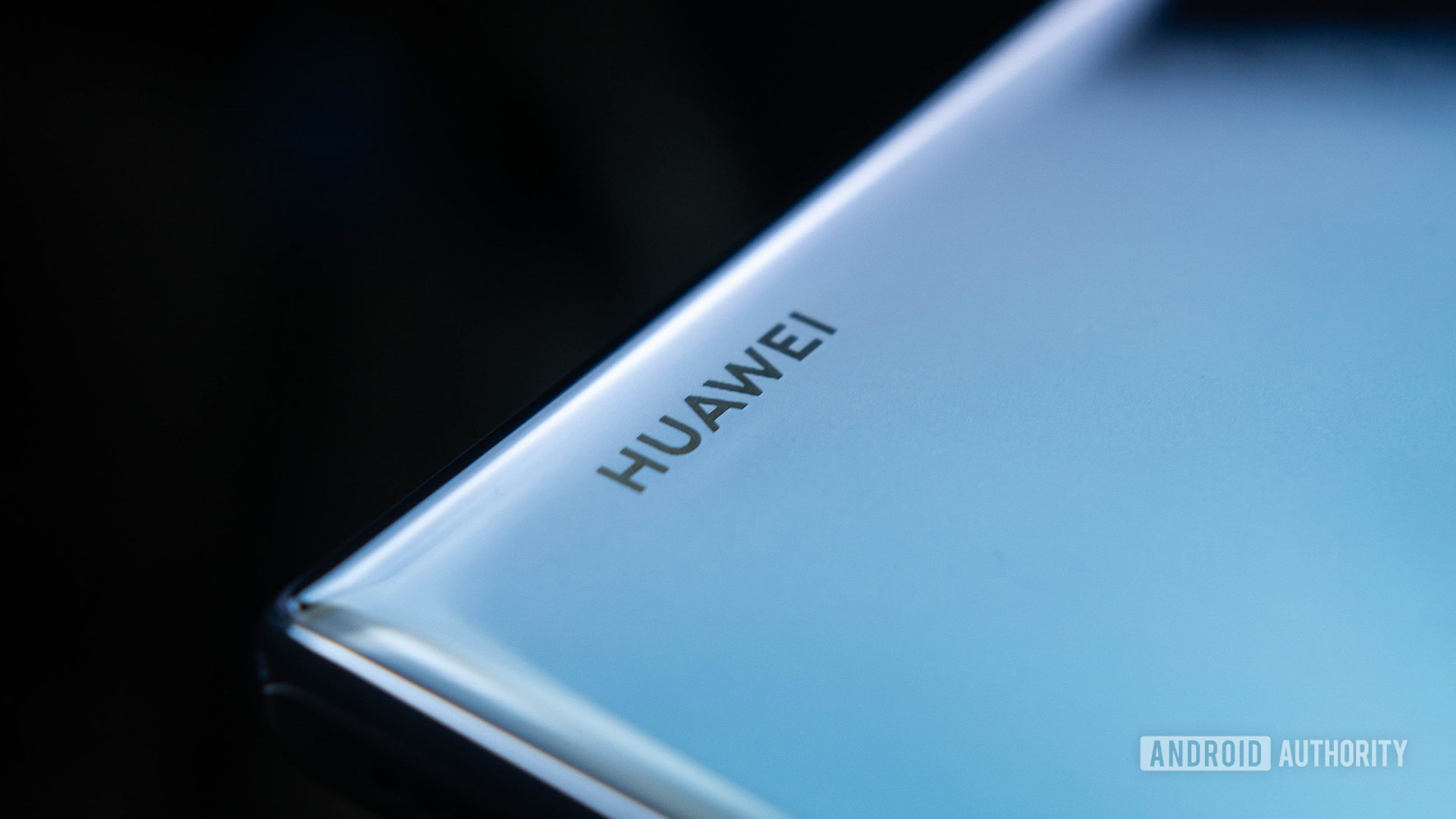Affiliate links on Android Authority may earn us a commission. Learn more.
Even HUAWEI's biggest rival is arguing against banning it

- The CEO of HUAWEI rival Ericsson has criticized a Swedish ban against HUAWEI.
- Borje Ekholm reportedly claimed that the ban restricts free competition.
- He added that the ban would result in a delay for 5G rollouts.
HUAWEI has been subject to US sanctions for well over a year now, affecting its mobile phone division and network infrastructure business. Washington has also been pressuring allied countries to bar the use of HUAWEI infrastructure for 5G networks.
Now, one of HUAWEI’s major rivals in the infrastructure space has come out against a recent ban in Sweden. Ericsson CEO Borje Ekholm told the Financial Times that the ban in Ericsson’s home country restricts free competition and will result in a delay for 5G.
“I belong in that category that believes competition makes us longer term a better company. It may be painful shorter term but longer term it drives us to be more innovative and make better products for our customers,” Ekholm was quoted as saying, while noting that it competed “heavily” with HUAWEI but also collaborated on network standards.
The Ericsson CEO also suggested that Europe risks falling behind again if it didn’t deliver a swift 5G rollout.
“Think about 4G — the debate in Europe was: what is the killer app? The Americans and Chinese rolled out 4G fastest and the app economy for consumers is now dominated by American and Chinese firms,” Ekholm reportedly said. “5G is going to be the same but for enterprise. Slowing the rollout of 5G is a risk for the economy. Europe risks falling behind again.”
The comments come a few weeks after Sweden banned the use of HUAWEI infrastructure for 5G networks, citing “extensive intelligence gathering and theft of technology.”
Ekholm noted that mobile networks would increasingly and understandably be subjected to national security scrutiny. However, he asserted that Sweden has departed from the EU’s policy on 5G networks, which calls for a balance between security and competition.